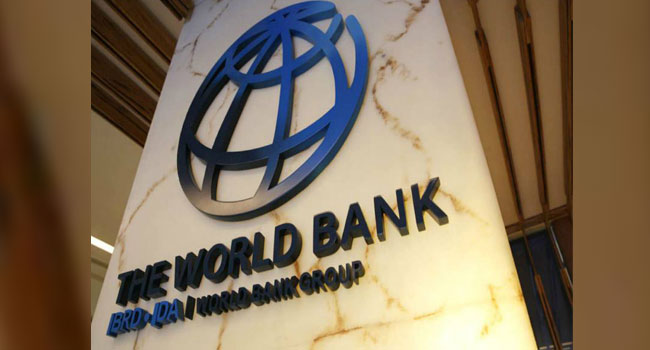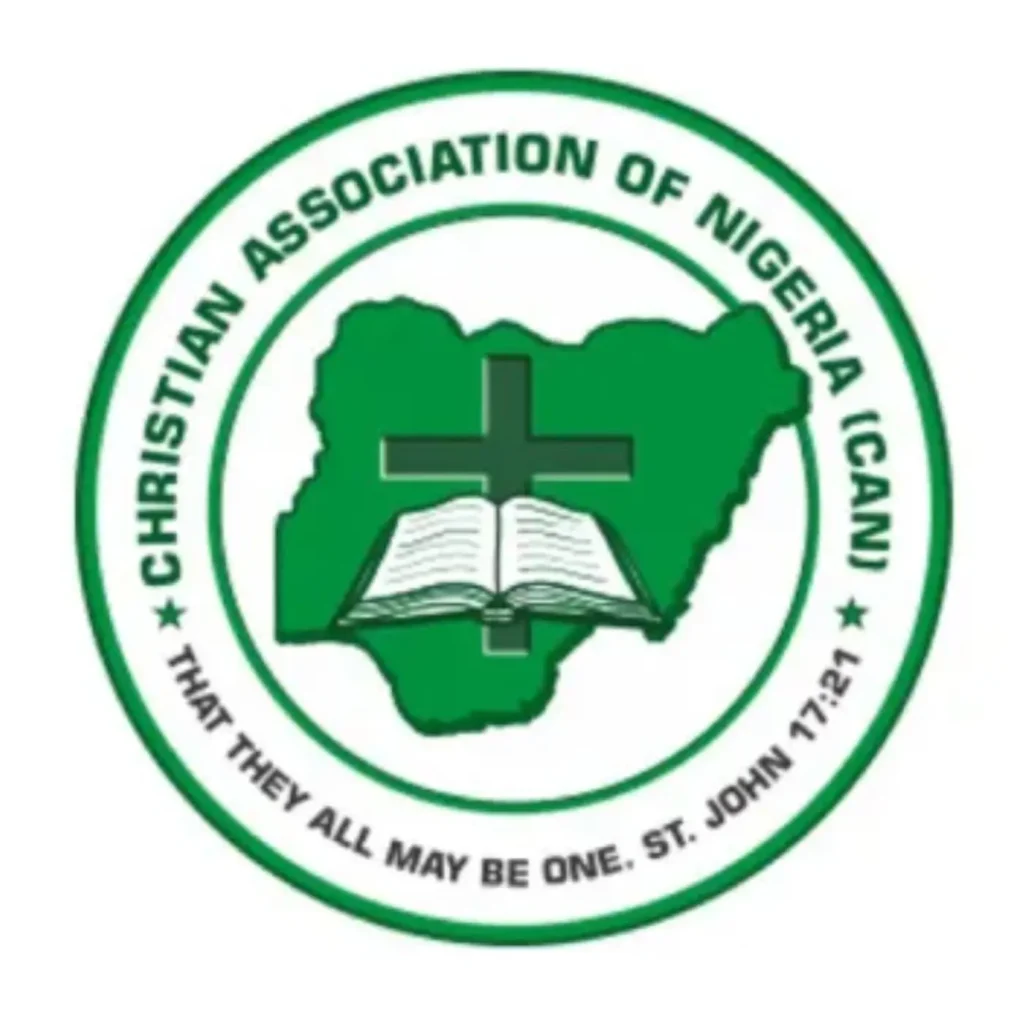In the quest for Universal Health Coverage (UHC), African nations face formidable challenges despite their commitments and efforts in implementing health policies and programs. At the heart of this complex issue lies the need to ensure that all individuals have access to essential health services without enduring financial hardship by 2030. This critical topic was brought to light at the International Conference on Public Health in Africa (CPHIA), where global public health expert, Lolem Ngong, shared invaluable perspectives with Premium Times.
Ngong lamented the stark reality, stating, “We only have seven years to attain Universal Health Coverage (UHC) and the African region still has lots of work to do.” Highlighting the World Health Organization’s ambitious goal and the current status, Ngong expressed concerns about the lack of clear strategies and fiscal space essential for reducing financial barriers. With a sobering outlook, she warned that less than 25 percent of African countries may achieve UHC by 2030, despite hosting 17 percent of the world’s population.
Health financing emerged as a pivotal obstacle, with Ngong emphasizing the imperative need for adequate resources to bolster primary health care systems. The reliance on external funding sources, coupled with the repercussions of internal conflicts in several African countries, further compounds the already daunting challenges.
To chart a path towards UHC, Ngong stressed the urgency of creating domestic fiscal space, advocating for intentional domestic financing to alleviate reliance on external resources. Moreover, she championed bringing healthcare closer to the people through technological advancements and innovative service delivery models. Embracing digital health tools and leveraging technology, Ngong suggested, could bridge the gap in healthcare access, ushering in a new era of improved service delivery and community outreach.
Ngong brought these solutions to life with tangible examples, showcasing the impactful use of mobile health solutions like LEAP for training community health workers. She also highlighted the potential of portable diagnostic machines, illustrating the concrete applications of technology in advancing healthcare services.
The conversation delved into the critical role of healthcare workforce development, emphasizing the need to evolve training institutions to meet current and future health demands. Addressing the pressing need for a fit-for-purpose health workforce, Ngong underscored the importance of adapting to the youthful demographic landscape of Africa.
In the trajectory towards UHC, Ngong passionately advocated for Public-Private Partnerships (PPP) as a pivotal driver of progress. She emphasized the complementarity between public and private funds and the creative funding approaches that PPPs offer, particularly in the absence of adequate domestic financing for UHC.
As Africa navigates the intricate path towards Universal Health Coverage, Ngong’s insights underscore the magnitude of the challenges at hand while offering pragmatic solutions and a compelling vision for a healthier, more equitable future.



